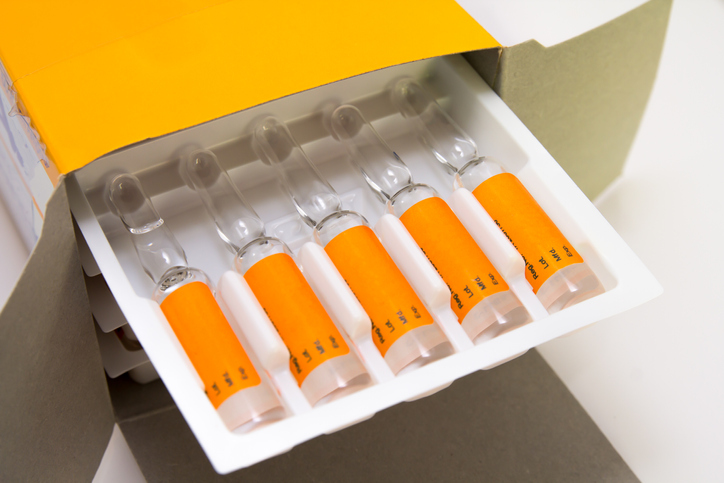Colorectal cancer is the second deadliest cancer in the United States, and just six out of 10 adults in the age range recommended for routine screening—50 to 75—reported having it done in 2015. When patients do not keep up with screening, the risk of death is substantially higher, so Penn Medicine researchers, investigating a new way to boost screening among those who were overdue, found a high number of patients completed at-home screening tests when they were mailed directly to them, regardless of whether they were provided a financial incentive. The results of the study are detailed in a paper published in JAMA Network Open.
The researchers found that roughly 24 percent of patients mailed back completed kits within two months of receiving them, and 29 percent did so within six months.
“This is a relatively high response rate for screening since we only reached out to patients who had not been previously up-to-date, despite having a primary care clinician,” says lead author Shivan Mehta, associate chief innovation officer at Penn Medicine and an assistant professor of medicine.
“We believe that mailing kits directly to patients, which frames participation as the default, reduced steps in the screening process, making it easier for patients to get screened and catch colorectal cancer earlier or even potentially prevent it from occurring,” says the study’s senior author, Chyke Doubeni, also a Penn Medicine professor.
Read more at Penn Medicine News.








